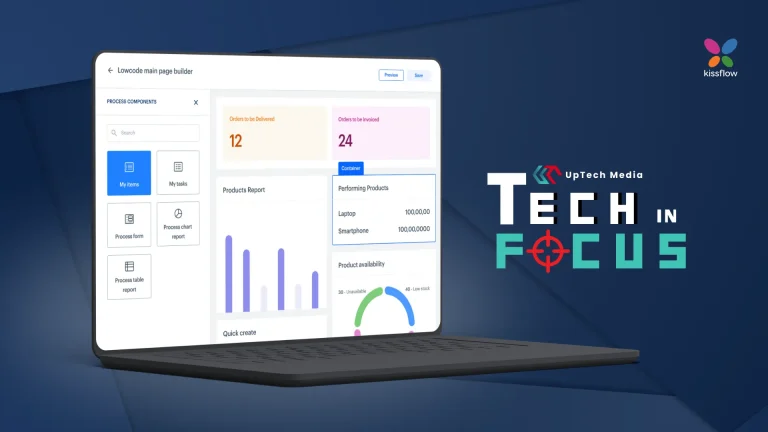Singapore – 87% of C-suite executives in Singapore indicated generative AI among their top three business priorities, according to customer relationship management company Salesforce.
As stated in the report, approximately 48% of the surveyed leaders reported their organisation already had a clear and defined generative AI strategy. On the other hand, about 47% mentioned they are actively in the process of incorporating one.
Moreover, respondents have indicated their key motivations for adopting GenAI, which include being recognised for technology adoption at 43%, maintaining competitiveness at 42%, and offering innovative customer and employee experiences at 42%.
These C-suite executives further expressed confidence about generative AI integration, noting the CEO is viewed as the main figure responsible for ensuring effective integration (42%), with the CIO/CTO (31%) and department heads (18%) also playing significant roles.
Additionally, the respondents cited information technology (40%), operations (33%), finance (29%), and customer service (28%) as the areas where GenAI would greatly influence in terms of business impact.
Meanwhile, a significant 95% agreed that there are still barriers to the adoption of generative AI in their business, with data factors leading the list of barriers. These encompass accessibility and inclusivity (43%), lack of skill-building or training opportunities (33%), use of incomplete customer/company data to train AI models (31%), lack of governance (31%), and generative AI producing inaccurate outputs (28%).
Talking about the findings, Sujith Abraham, senior vice president and general manager, ASEAN at Salesforce, said, “As CEOs look at AI to deliver measurable value and remain competitive, their first step should be unifying their data. Every conversation I have with business leaders about AI inevitably comes back to data and overcoming silos to increase the impact and accuracy of AI. Without building a cohesive view of the customer, generative AI initiatives will fall short.”
“The good news is that it’s possible to bring your data together efficiently without actually moving it through innovations like zero copy. Innovations like this will differentiate each organisation’s ecosystem of autonomous agents, humans, and AI and how well they drive customer success at scale,” he further explained.












